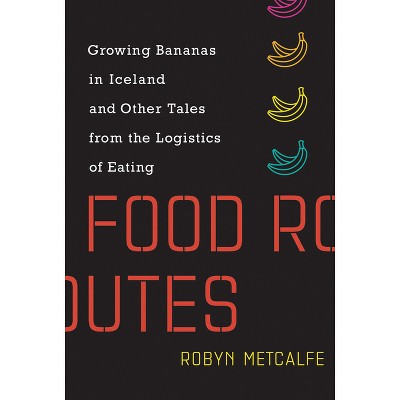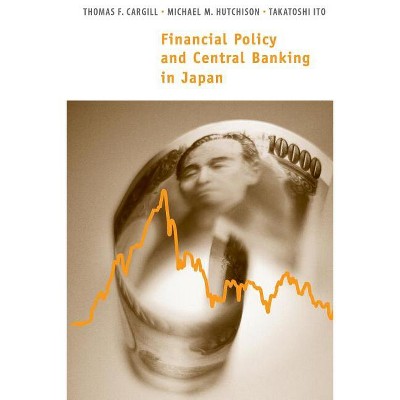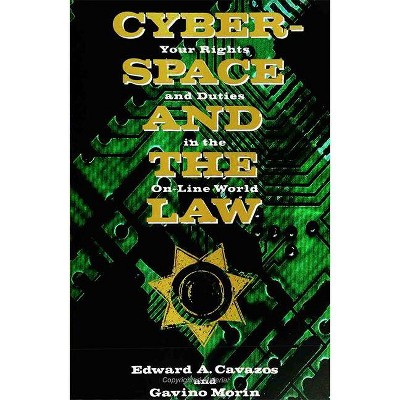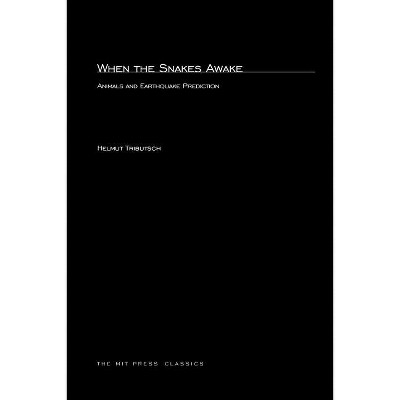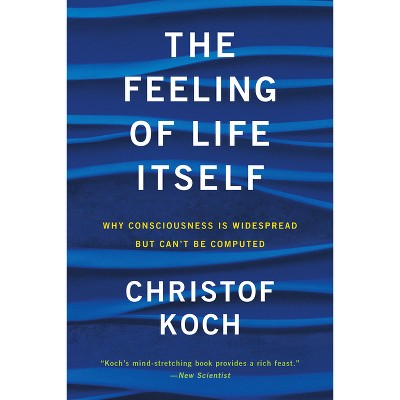Sponsored

Strange Case Of Alfred Hitchcock - (Mit Press) by Raymond Durgnat (Paperback)
In Stock
Sponsored
About this item
Highlights
- Reviewed in this book are all of Alfred Hitchcock's films, from The Pleasure Garden (1925) to Frenzy (1972).
- Author(s): Raymond Durgnat
- 444 Pages
- Art, General
- Series Name: Mit Press
Description
About the Book
Reviewed in this book are all of Alfred Hitchcock's films, from The Pleasure Garden (1925) to Frenzy (1972).Book Synopsis
Reviewed in this book are all of Alfred Hitchcock's films, from The Pleasure Garden (1925) to Frenzy (1972).
Raymond Durgnat delineates the many facets of Alfred Hitchcock's prolific career and the controversies that these have aroused among the critics--critics who have seen Hitchcock as master of the aesthetic touch and who prefer his English to his American period, or those for whom Hitchcock is a dark Roman Catholic moralist.Durgnat's Hitchcock is a fascinating mixture of contrarieties. He tends to admire Hitchcock for his ability to tell a story and to control and manipulate order so that he can play his audience with suspence, for his rare sense of how far dramatic conflicts can be complicated and in which ways, and for the conjuction or layering of elements in films like Rear Window, Vertigo, and Psycho, which constitutes the real Hitchcock touch.Durgnat reminds us that Hitchcock's ability to capture a feeling of everyday realism, particularly in the background and details of his early films, is something of a feat--realism in the '30s was a rarer and more difficult achievement... the director couldn't just point a TV camera in the street, but first had to notice [these details], then to love them enough to remember and to re-create them and lastly to slide them deftly into a thriller context.
Review Quotes
"This is the first volume in English to deal with both the director's entire feature-film output on a film-by-film basis and virtually all the notable critical approaches to it. Because he leaps from the specific to the general, from the technical to the stylistic, from the visual to the literary to the philosophical to the religious, etc.--the whole informed by his spikey, often vernacular inquisitiveness--Durgnat has presented us with the first relief map of this endlessly fascinating filmic territory. As such, by definition, it just may be the best book on Hitchcock now available."--Richard T. Jameson, "Film Comment"
Shipping details
Return details
Trending Non-Fiction






